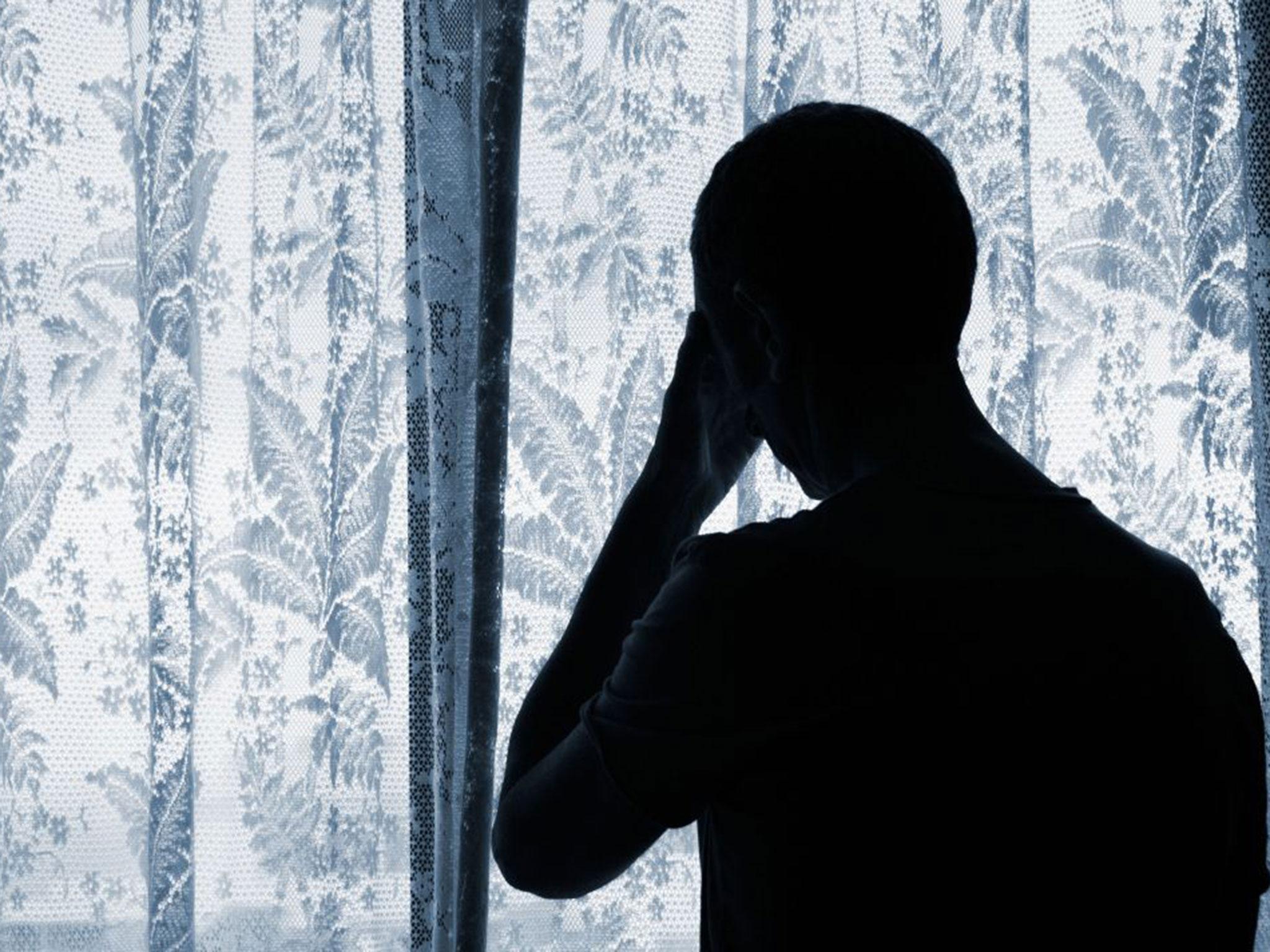Thousands to get benefits for mental health issues after ‘landmark’ ruling
Judge rules entitlement to personal independence payment (PIP) should extend to cover more people who find social situations debilitating

Thousands of mental health sufferers could now be eligible for disability benefits following a landmark ruling in the Supreme Court.
A judge ruled on Thursday that entitlement to personal independence payment (PIP) should extend to cover more people who find social situations debilitating, in what has been hailed a “landmark moment” for disabled people.
The ruling was made following a challenge by a PIP claimant, a 47-year-old man known as MM, about the way the points-scoring system works in assessments for the benefit.
The mental health charity Mind intervened to support his challenge because of the wider issues his case raised for people with mental health problems.
MM and Mind successfully argued that the Department for Work and Pensions needs to clearly define what counts as support and not dismiss the kinds of help that many people with mental health problems rely on.
The new ruling could especially affect people whose mental health problems lead to isolation and problems interacting, meaning more people who need different kinds of help – such as ongoing encouragement to leave their house and engage socially – will be able to benefit from PIP.
Mind said it was too early to know the exact number of people who would be affected, but that on the basis that more than 425,000 people with conditions classed as “psychiatric disorders” had been turned down for the benefit since PIP was introduced, thousands were likely to benefit.
Sophie Corlett, Mind’s director of external relations, added: “Far too many people are struggling to claim benefits they need because of draconian assessments, which often fail to take fully into account the impact a mental health problem can have.
“Living with a mental health problem can be extremely isolating but with the right support people can maintain important social connections that in turn can improve their wellbeing.”
Join our commenting forum
Join thought-provoking conversations, follow other Independent readers and see their replies
Comments